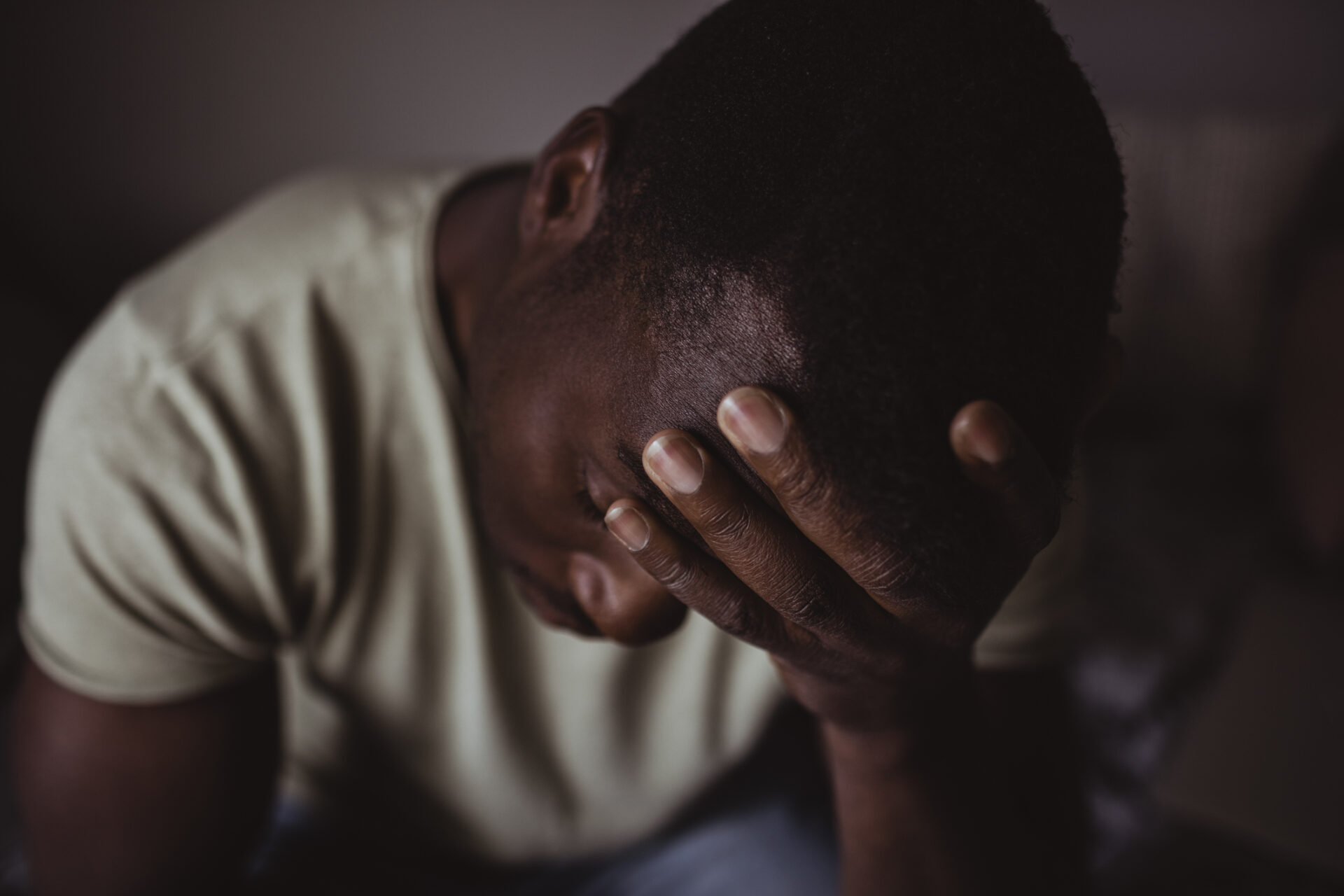
BY Raymond Millagre Langa The month of June emphasises on men’s mental health awareness. Normally, society views men as people that are not supposed to cry even when in pain. There is no room for them to be weak, and in most African societies, men portray themselves as hard hearted.
All these cultural norms make it difficult for men to express emotions. As a result, society has created the phenomenon of toxic masculinity where the man has to portray a macho character and is usually devoid of love, kindness, and other feelings perceived as weak.
Just because society tells men to hide their emotions does not mean that they do not have feelings. It is important to emphasise that men experience emotions at the same level that women do. But because it is not socially acceptable for a man to cry, he suffers from within. This mental torture can actually degenerate into mental health problems.
It is, therefore, imperative for artists from various disciplines to play the role of enlightening society about mental health, and to emphasise that men as human beings also, and grief.
For example, a man who is experiencing sadness or depression might be more likely to act aggressively or get angry over something small rather than cry.
Emotions that are associated with dominance or strength are viewed as more masculine, even if the underlying emotion fuelling the behaviour could actually be anger or stress.
Whenever men are forced to hide their emotions at all costs, those feelings have to go somewhere, and manifest in something unacceptable. Usually, they compensate by acting in a way that is more stereotypically masculine like drinking too much.
The issue of men’s mental health is becoming very topical in the arts and development spectrum. It is encouraged to disseminate information on men’s mental health because it has a bearing on life expectancy.
- Chamisa under fire over US$120K donation
- Mavhunga puts DeMbare into Chibuku quarterfinals
- Pension funds bet on Cabora Bassa oilfields
- Councils defy govt fire tender directive
Keep Reading
Research outlines that a male baby born in the year 2021 will have an average life expectancy of 78 years while a baby girl born at the same time can expect to live 84 years. This is so because males are more susceptible to illness, and are more likely to die earlier than females.
This is very worrying as society does not know that some of our cultural norms that do not allow men to cry and grieve can endanger them and shorten their life expectancy.
Artists therefore need to use their different artistic talent to assist society to understand that the main reasons why many men die early is because of mental health issues. Some deaths can be preventable.
The problem is that men do not speak out like women. They confine their problems to themselves, drink or use drugs to drown their sorrows, and in the process they end up doing wrong things. Others end up entertaining suicidal thoughts.
The inability and self-confinement of men, as well as failure to express their emotions is a critical factor that leads them to show tendencies of gender-based violence (GBV), absent fatherhood, drug induced behaviour and criminality.
Society has been at the forefront supporting empowerment of women as they have been side-lined for a long time. Even donor organisations push for programs that are premised on the promotion of the rights of women which is very commendable. However, this has resulted in the plight of men being ignored.
For instance, artists must ensure that their programmes on GBV include men in the fight against the vice. Looking at pieces of art, for example, paintings, sculpture and even songs, very few of them depict the struggles of men.
Most artworks that I have seen depict men as powerful beings, strong workers carrying shovels and picks, and they do not give room for men to be less masculine. Weakness is not an option, but men are human beings with feelings too.
There are few stories in art that speak of the inspirational role of men in raising and providing for their families. In most cases, men are portrayed as villains, the perpetrators of GBV, rapists, criminals and irresponsible persons.
However, if men are portrayed positively in films as good fathers, for example, it would help assist to end GBV. Art works such as movies often portray men as violent beings, criminals, and other undesirable creatures, and young boys grow up admiring the wrong attributes about men.
There are good men out there and artists must educate their audiences about them. The good men can nurture and motivate society to emulate good things. Being a good man is not a sign of weakness, but strength. Being a good man also lessens some problems that cause men to end up experiencing mental health problems.
Artists need to encourage men to be responsible and have a sense of responsible fatherhood and brotherhood.
There is need, therefore, to assist achieve good mental health through positive hobbies. Some of them are therapeutic walks, which can bring self-peace and contentment.
Going to the gym and doing exercises are examples of some activities that men can do to find fulfilment and good mental health by following a rigorous schedule.
As an artist, I recommend art therapy which is always the best solution to joy, such as music and poetry or other preferable hobbies such as sport. This can enhance the mental health of men in society.
For example, Indebo Edutainment Trust has a project called Indebo We Men’s Forum, which uses art to discuss issues pertaining to men’s mental health. Last Sunday was Father’s Day and several messages that I saw from women to men emphasised on being a responsible father. This can only be achieved if men are mentally stable and can share their problems.
It is important to come up with programmes that openly discuss issues affecting men in different age groups
Remember to keep prioritising the mental health of men as they have emotions and feelings too. Men should cry, show emotions of love, and discuss their problems too. If they confine themselves this leads to depression, and even more GBV.
- Raymond Millagre Langa is a musician, poet, orator, writer and founder of Indebo Edutainment Trust. Follow Raymond Millagre Langa on Facebook, Instagram @Millagre Ray L, and Email: [email protected] and [email protected]










